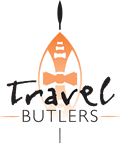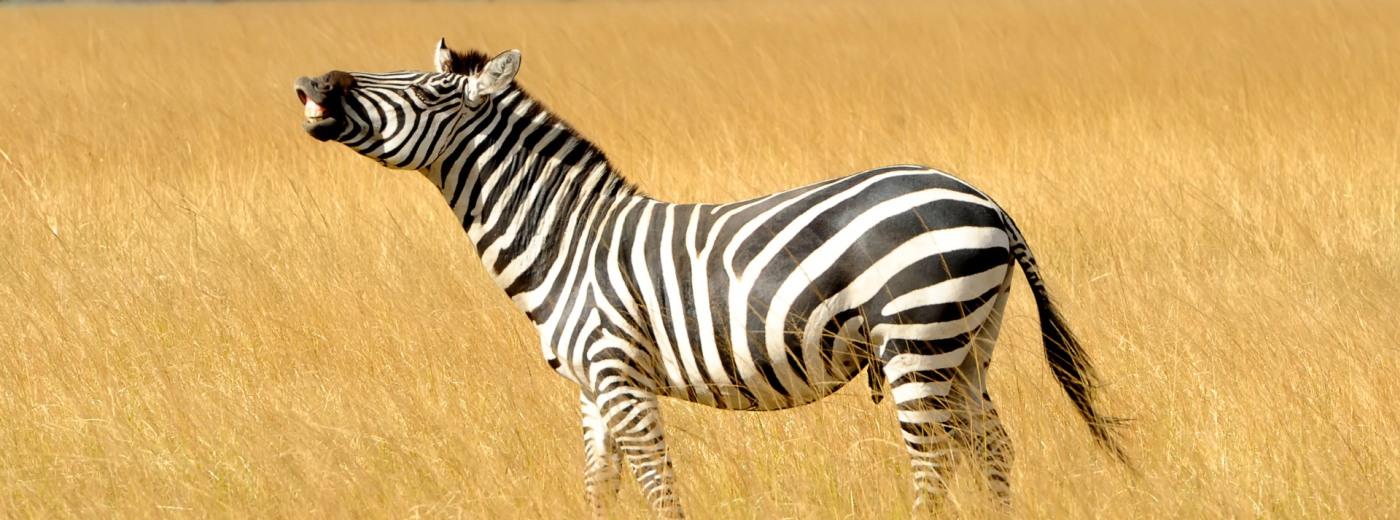Answers To Some Of The Most Frequently Asked Questions
What are the Big-5?
The Big 5 are lion, elephant, leopard, rhino and buffalo - these were deemed to be the animals that were most difficult to hunt on foot, and who, when cornered, presented the most danger to the hunter. The safaris we book for our clients are all photographic safaris, but seeing the Big 5 remains a major highlight for visitors to Africa. You can read more about the animals in our wildlife guide to the Big 5, and find out where you can see them for yourself in our guide to choosing a big 5 safari.
What should I Take on Safari?
Aside from a camera, an open mind and comfortable clothes, there is no need to take any specialist clothing or equipment on your safari. Of course, just beause you do not have to buy anything special to take with you, it doesn't mean you don't need to think about what you should take. Comfortable clothes in neutral colours that you can put on in layers are a great idea, and you should ensure you have ample spare batteries and charging cables for phone, cameras, etc. Check out our guide for a full rundown of what to take on safari.
What are the types of Game Reserve?
Whilst it might not appear obvious at first, you can actually tell quite a lot about a safari park or game reserve by its name, and it can be important to understand the differences between National Parks, Private Concessions, Private Game Reserves, and Nature Reserves. Broadly speaking:
National Parks are run by the government - they are usually large and in some of the best locations with excellent wildlife. They tend have very strict rules for visitors, and the government run accommodation is often fairly basic, however many national parks also have some privately run lodges and camps.
Private Concessions are usually government or community-owned land that has been leased to a private company for them to manage the land and operate safaris for visitors. This is faily common in Botswana, Kenya and Tanzania.
Private Game Reserves are really a South African phenomenon, although there asre some in other countries as well. These are privately run reserves, often bordering larger national parks, and the very best can offer some of the most memorable game viewing experiences as the guides have greater freedom to track the wildlife off-road. Most private reserves are smaller than National Parks althought some can be quite large.
Nature Reserves can be government or privately owned, and they usually have a greater emphasis on landscapes, scenery, and maybe some animals such as antelope, zebra and giraffe (plains game). Nature Reserves would not normally have the Big 5, and the emphasis is much more on enjoying the nature around you rather than going out to track particular types of animal.
Read more about the different types of game reserve.
Are Safaris Safe?
On the whole, safaris are considered very safe. This is especially true of private lodge safaris, where visitor safety is the number one top priority. Game drives are always led by qualified, experienced rangers and trackers and the lodge staff will go out of their way to keep you both safe and comfortable.
Self-drive safaris are also exceedingly safe provided that you follow the basic common sense rules, which exist purely for your own security. You’ll always be notified about the rules before entering a National Park for a self-drive safari, so if you stick to the advice you’ll be just fine.
You can read more about this in our guide to safety on safari.
What is the daily routine on Safari?
For the most part, a full day on safari will start with an early-morning wake-up followed by a game drive that starts at sunrise. After a game drive of around 3 hours or so, you will return to the lodge or camp for breakfast and have some free-time to rest, sleep, go on a guided game walk (where offered). The afternoon game drive will head out towards the end of the day, and you will usually return to the lodge after dark if you are staying somewhere that allows this.
There are some places where the day might start a little later, and you may have an early breakfast at the lodge or camp before heading out for a full day game drive into a park. This trends to be more common in East Africa (particularly if you are with a driver guide) and also in national parks where game drives are not allowed out before dawn or after sundown.
Further reading: what to expect from a private safari lodge
Can I take My Kids on Safari?
Absolutely! A lot of safari lodges welcome younger children (although there are quite a few that do have age restrictions such as only above 6, 8 or even 13 years of age), and you should keep in mind that kids can become restless on long game drives or scared if they see an elephant or lion close by from an open vehicle.
For younger children the best option is probably a family-focussed lodge in a malaria-free area of South Africa, where the lodge will provide specific kiddies game drives and activities. Older children can enjoy all the same experiences as the adults, but again we find that larger lodges where there are other kids about tend to be the best choice for most people with families.
Whatever the age of your kids, you will probably find that you want to mix things up a bit and include a beach or other activities as well as the safari - have a look at our suggestions for family safari holidays to get some ideas.
Are There Any Good Malaria-Free Safaris?
South Africa is the best bet for malaria-free safari, and whilst the Kruger Park is in a malaria area there is a wide choice of lodges across the country that offer excellent malaria-free safaris.
The top malaria-free areas are:

